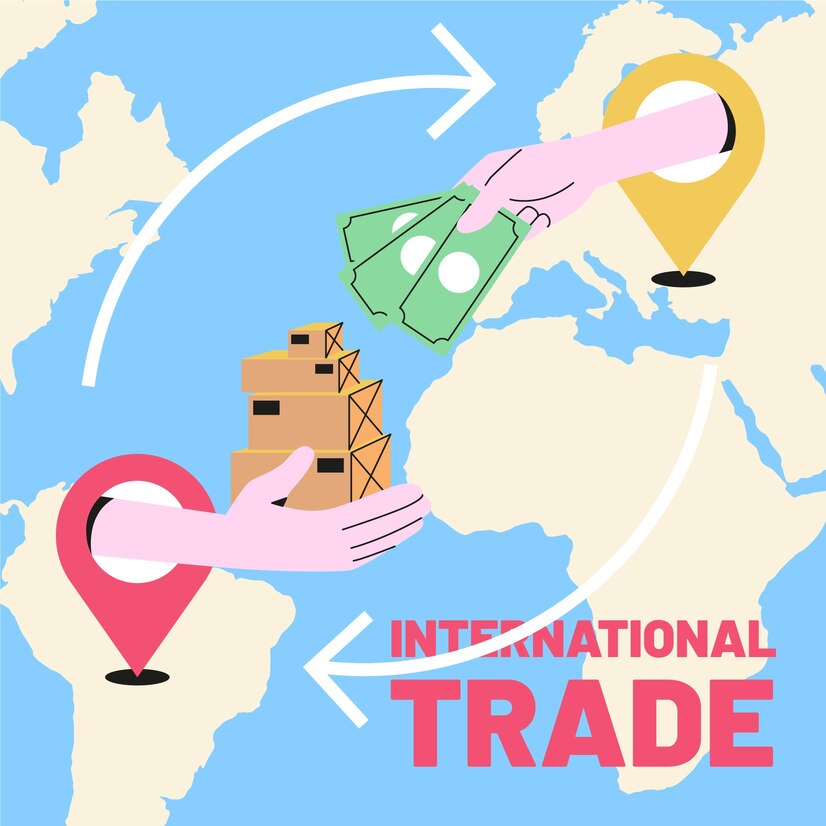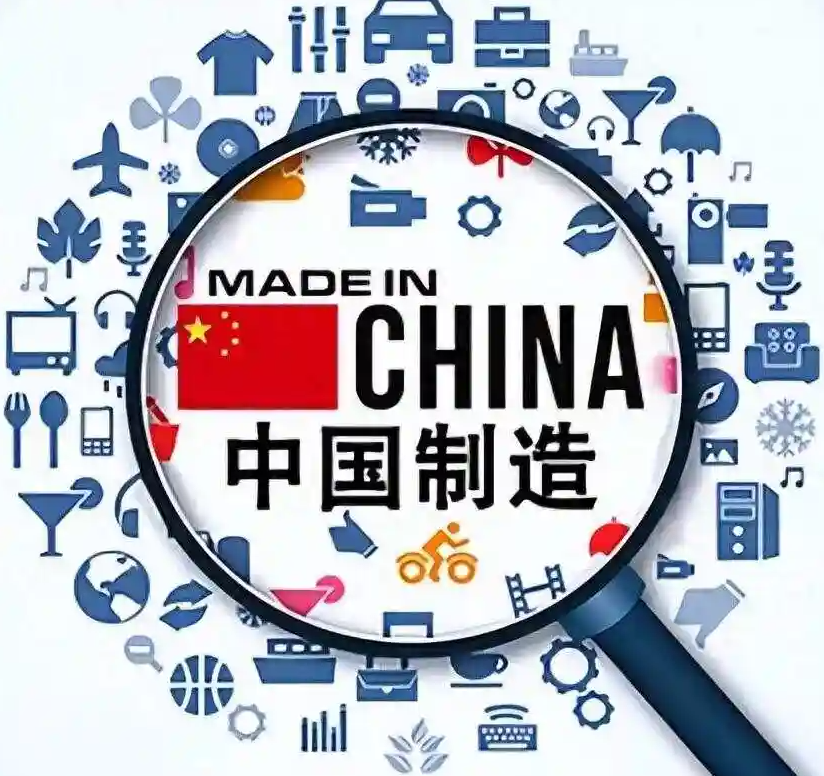Yiwu, a bustling city in China’s Zhejiang province, has long been recognized as a global hub for small commodities. Known for its sprawling International Trade Market, Yiwu connects countless suppliers with international buyers, offering a vast array of products ranging from jewelry and textiles to electronics and home goods. In recent years, the city has embarked on new initiatives to strengthen its trade routes and cement its position in the global economy.
Expanding Global Reach Through Innovation
Yiwu’s growth has been bolstered by its ability to adapt to changing market dynamics. The city’s trade ecosystem thrives on innovation, integrating digital platforms to enhance trade efficiency. E-commerce giants such as Alibaba have partnered with local suppliers, enabling even small-scale merchants to access international markets seamlessly. Digital marketplaces now play a pivotal role in ensuring that Yiwu’s products reach customers worldwide, transcending geographical boundaries.
Furthermore, the adoption of smart logistics and AI-driven supply chain solutions has drastically reduced shipping times. By leveraging technologies like real-time tracking and predictive analytics, Yiwu ensures a smooth flow of goods, catering to the fast-paced demands of the global market.
Yiwu as a Key Node in the Belt and Road Initiative
A cornerstone of Yiwu’s trade development is its role in China’s Belt and Road Initiative (BRI). The Yiwu-Xinjiang-Europe cargo train, a critical link in the BRI, connects the city to over 50 countries across Europe, Central Asia, and the Middle East. This rail route, often referred to as the “New Silk Road,” has drastically cut down transportation times compared to traditional sea routes. For example, goods shipped by train to Germany now arrive in as little as 18 days, compared to over a month by sea.
This efficient logistical framework has attracted businesses from around the world. European enterprises, in particular, are leveraging Yiwu’s trade routes to import cost-effective goods, while exporting high-quality products to meet China’s growing demand for foreign brands.
Sustainability in Trade
Yiwu’s new trade routes are also being designed with sustainability in mind. The city is encouraging green practices by promoting the use of electric vehicles for local deliveries, reducing carbon emissions from transportation. Additionally, efforts to streamline packaging and promote recyclable materials have gained momentum among suppliers, aligning Yiwu with global sustainability standards.

Challenges and Future Prospects
While Yiwu’s advancements are commendable, challenges remain. Trade tensions, fluctuating currency exchange rates, and logistical bottlenecks during peak seasons can hinder operations. However, the city’s proactive approach to diversifying markets and investing in technology continues to mitigate these risks.
Looking ahead, Yiwu is set to expand its influence through enhanced trade partnerships, investments in green infrastructure, and further integration with global supply chains. The city’s commitment to innovation and adaptability ensures it remains a vital player in international trade.
Conclusion
Yiwu’s evolution from a local trading town to a global trade powerhouse exemplifies China’s broader economic transformation. By building new trade routes and leveraging cutting-edge technologies, the city is not only meeting the demands of a dynamic global market but also setting benchmarks for sustainable and efficient trade practices. As Yiwu continues to adapt and grow, it reaffirms its reputation as a pivotal node in the international trade network.






Recent Comments